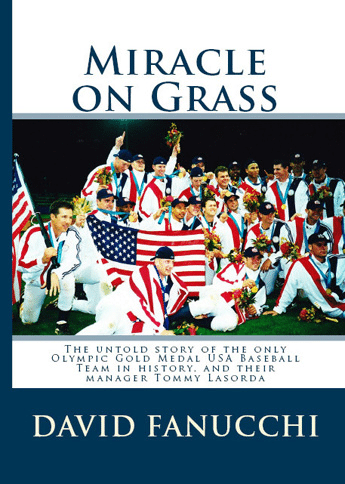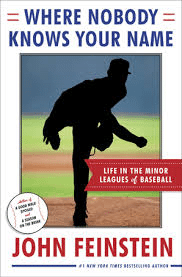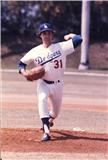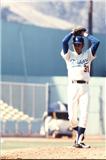Tommy Lasorda
John Feinstein Unearths Bobby Valentine Autograph Legend In ‘Where Nobody Knows Your Name’ Book
Standing O for John Feinstein.
Rick Monday Beat Pitcher Doug Rau To Stop 1976 Dodger Stadium Flag Burners
Don’t mess with Texas. Or Texan Doug Rau.
The Dodgers pitcher might have provided a new twist on the fabled story from April 25, 1976. Outfielder Rick Monday thwarted two protesters (a father and his 11-year-old son!) who wanted to burn the American flag in Dodger Stadium’s center field.
If Monday hadn’t intervened, Rau says he was ready to take action. In this classic note from 2002, Rau explained his perspective of the situation:
“Thomas:
I was in the dugout, far left, near 3rd base, and I simply reacted by instinct. Monday beat me to the draw, and he said little when he gave me the flag.
I think I gave it to a grounds-crew guy (Tom or Scottie), and from there I know nothing.
The team was stunned, and I faintly remember Lasorda saying something to me about those…
Photos courtesy Mark Langill, Los Angeles Dodgers
Doug Rau”
What happened to that flag? Check out this impressive 2010 feature from Arizona reporter Zach Buchanan.
Tomorrow: Address king Harvey Meiselman offers TEAM address lists!




